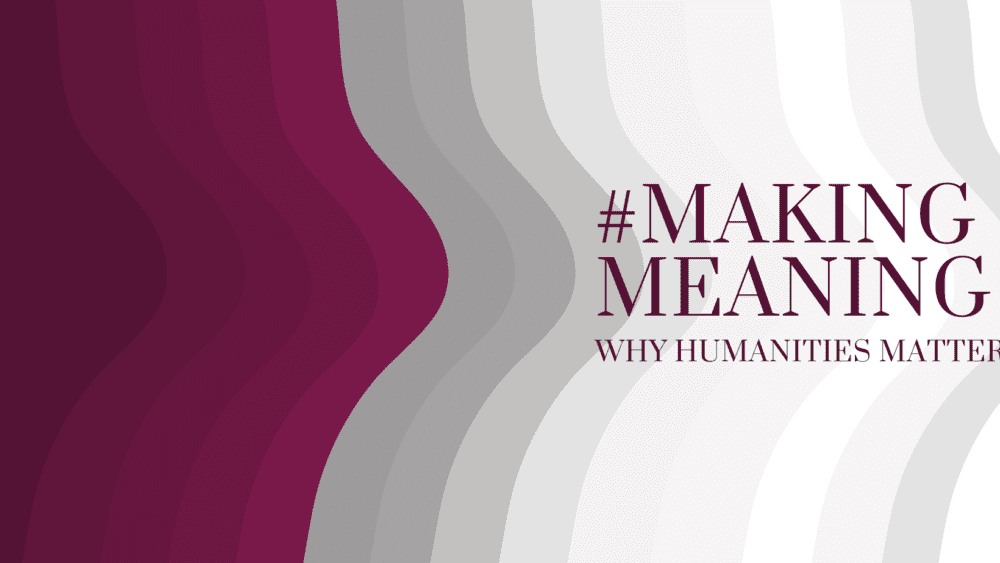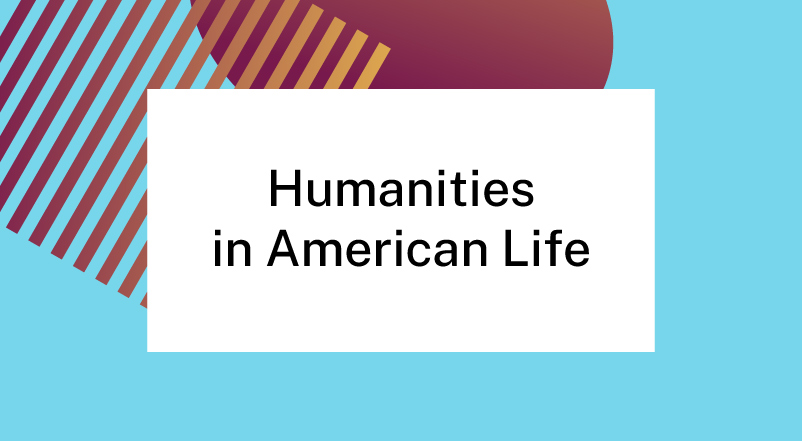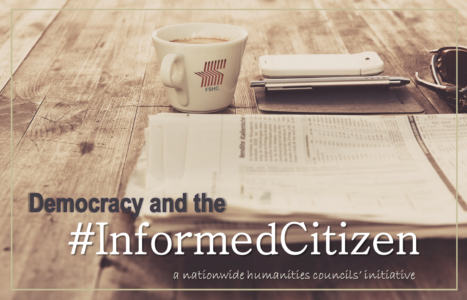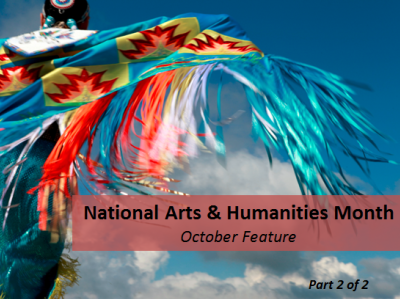The 2022 Federation Board of Directors welcomes three new board members and a new chair elected on November 12, 2021, by the Federation membership at the 2021 Annual Business Meeting held in conjunction with the virtual National Humanities Conference. The board officers were voted on by the 2022 board of directors in a meeting following the annual business meeting.

Federation Launches First-ever Podcast, Making Meaning: Why Humanities Matter
This six-episode season is about the role the humanities have played during the pandemic and in our recovery across the greater United States. Each episode balances two interviews: one that tells a story from a public humanities program about a specific topic and another that takes a broad-ranging look at it with a humanities leader.

Making Meaning Episode 3: Environmental Justice, Climate Disasters, And The Humanities
Adrienne Kennedy, a climate activist and organizer from south Lumberton, North Carolina, talks about what environmental justice looks like for her after Hurricane Matthew destroyed her home. Dr. Joseph Campana, director of the Center for Environmental Studies at Rice University, explores ways the humanities can help us process relentless patterns of climate catastrophe.

One Librarian’s “Watershed Moments” During The Pandemic
In the summer of 2020, Kristina Moe was preparing to open Water/Ways, a Smithsonian travelling exhibit and one of the first North Carolina Humanities “Watershed Moments” events of the year, at the Macon County Public Library where she works as a reference assistant. “To be honest, I was very nervous,” Moe recalled.

Making Meaning Podcast Episode 2: Civic Engagement by Way of Poetry
Carol Ann Carl, a storyteller from Pohnpei Island in the Federated States of Micronesia, talks about how she uses poetry to advocate for historically marginalized communities, and two-term US Poet Laureate Natasha Trethewey describes how poetry can articulate acts of civic engagement.

Building Trust: Telling Stories
“Many stories, one people,”—that’s the tagline for the North Carolina Humanities Council. In a webinar on October 22, a panel of scholars and leaders across disciplines talked about what that tagline looks like when it comes to creating an inclusive space to explore the state’s difficult histories and trace how those stories diverge and overlap.

New Members Elected to the Federation of State Humanities Councils Board of Directors
The Federation of State Humanities Councils is pleased to announce the election of four new members to its board of directors, effective November 5, 2020. The board members include two humanities council executive directors and two public members. States of Indiana, Mississippi, North Carolina, and Texas represented by new members. Read more.

Councils Kick Off Democracy and the Informed Citizen Programs in 2018
In partnership with The Pulitzer Prizes and supported by a grant from The Andrew W. Mellon Foundation, forty-nine councils will launch hundreds of programs and events exploring the importance of being an informed citizen and what that means in today’s society.

November Council Pulitzer Update
Throughout November, councils hosted a variety of Pulitzer Prizes Campfires from book fairs to conferences to nature hikes coupled with literature that brought participants together in discussion and community. In addition, councils continued to host presentations, exhibits, book discussions, and writing workshops featuring Pulitzer Prize winners and works.

Engage, Explore, Encourage, Educate, Experience – It’s National Arts & Humanities Month! (Part 2 of 2)
ENGAGE, EXPLORE, ENCOURAGE, EDUCATE, EXPERIENCE It’s National Arts and Humanities Month! (Part 2 of 2) On September 28, President Obama declared October as National Arts & Humanities month. To celebrate … Read more

Pulitzer Prizes Council Campfires Events Heat Up In October
More than 30 events are occurring in October, making it one of the busiest in terms of council Campfires programming. These programs include festivals, poetry celebrations, distinguished lectures, and reading and writing workshops.

Engage, Explore, Encourage, Educate, Experience – It’s National Arts & Humanities Month! (Part 1 of 2)
October is National Arts & Humanities Month! See how councils across the nation are blending the two disciplines to inspire communities and promote understanding. (Part 1 of 2)
